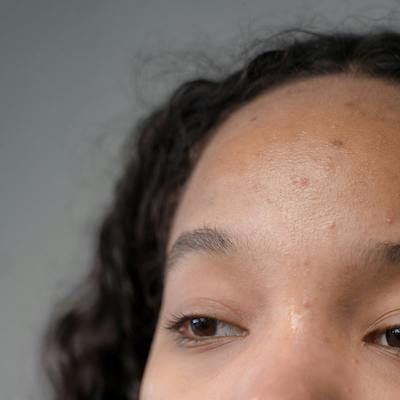Video
The Potential of Baricitinib for Alopecia Areata
Author(s):
Brett King, MD, PhD, discusses new ground that that oral JAK inhibitor breaks in the alopecia areata therapeutic field.
Currently, there are no US Food and Drug Administration (FDA)-approved therapies for the treatment of alopecia areata, a condition characterized by sudden hair loss across the body. However, in due time, that may change.
In a recent interview with HCPLive®, Brett King, MD, PhD, Associate Professor of Dermatology, Yale School of Medicine, spoke on the therapeutic potential of baricitinib, an oral Janise kinase (JAK) inhibitor, for alopecia areata.
In particular, he referenced recent Phase 2 and topline Phase 3 data that showed clinical responses from patients afflicted with severe disease.
According to results from the Phase 3 BRAVE-AA2 study that were published last month, once-daily baricitinib at 2 mg and 4 mg led to statistically significant improvement in scalp hair regrowth at week 36 compared with placebo.
Results from the BRAVE-AA1 study, which were published this week, only corroborated the previously reported data.
“Across the Phase 2—and now the topline Phase 3—clinical trials, we have a clear signal for efficacy,” said King. He explained that around a third of patients achieved near hair regrowth at the formula gram dose.
As such, this data offers a promise for a new era of dermatology, particularly in conditions like alopecia areata that have had few to no effective treatment options available for patients.





